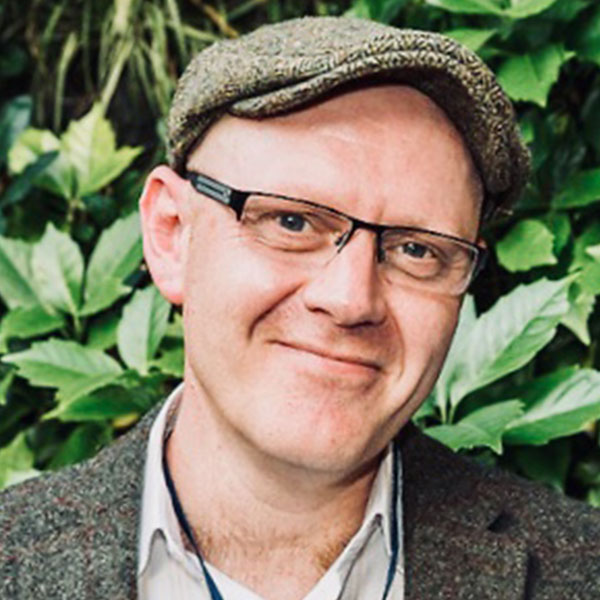BLOG: Learning Disability is everybody's field

Learning disability nursing is celebrating its 100th birthday next year, just as I hope to be taking my first steps in this amazing branch of nursing, writes Ian Unitt.
I have just started the third and final year of my course as a proud member of a small (but mighty) pool of learning disability students amidst an ocean of adult, child and mental health nursing students.
It would be fair to say that although we are often quite vocal as a field, there is still a lot of misunderstanding about what we do and how we fit into the healthcare ‘jigsaw’.
Studying within a mixed cohort of students should put us in a strong position to gain knowledge and experience of each other’s fields of nursing, but I am not sure that we always make the most of this.
Sometimes it is too easy for us to focus solely on the information we need immediately, for a specific placement or to complete an assignment, rather than looking at information or experiences that may benefit us over the course of our careers; this is where I think we could do more.
As the next generation of nurses and the leaders of the future, we should take more responsibility for our own learning and we should be using the skills that we have, to identify and fill any gaps in our knowledge and to add to our ‘toolbox’ of skills.
It is important to remember that although we are separated in to our specific nursing fields at the very onset of our studies, we are all nurses first and foremost, and our aims and values should be exactly the same.
Our specialities should add to, rather than restrict the skills and knowledge that we develop.
As a future learning disability nurse, I passionately advocate for the health, rights and wellbeing of people with learning disabilities. I want to be the best nurse I can be and fully serve the needs of the people I will go on to support.
For me to do this effectively, I need to make sure that I develop a broad, holistic nursing knowledge and learn from every setting and experience.
The field of learning disability nursing is broad and I could find myself working in many different settings, supporting people of all ages.
Not only will the people I support have learning disabilities, but they may also have additional physical and mental health needs. There is a need to develop and maintain clinical skills and knowledge and experience working with people within mental health settings.
I feel that this holistic approach is equally important in other fields of nursing, as we will all have contact with and provide care for a diverse population of people.
This does not mean that our specialities are not important – of course they are – but a basic knowledge of what we all do in our different fields is hugely important and could help us to break down barriers, reduce health inequalities, and ultimately, improve the quality of care we provide.
Unfortunately, health inequalities still prove to be a massive issue for people with learning disabilities, who die on average 15-20 years sooner than the general population. This equates to an estimated 1200 premature deaths every year.
The reasons for this cannot be fully explained by any underlying condition, and a significant proportion of premature deaths can be apportioned to the way people with learning disabilities are treated within healthcare services.
We are the next generation of nurses, and I believe that we can actually do something about reducing health inequalities just by working together.
Over the next 12 months, I am hoping that my blogs will promote collaborative working, with the ultimate aim of bridging the gaps and ultimately providing a better experience for the people we will go on to serve.
After all, we are all #nursingtogether.
Ian Unitt is a third year Learning Disability Nursing student at the University of Wolverhampton's Faculty of Education, Health and Wellbeing.
This blog originally appeared in Student Nursing Times, of which Ian is a student editor.
For more information please contact the Corporate Communications Team.


/prod01/wlvacuk/media/departments/digital-content-and-communications/images-2024/Diane-Spencer-(Teaser-image).jpg)
/prod01/wlvacuk/media/departments/digital-content-and-communications/images-18-19/220325-Engineers_teach_thumbail.jpg)
/prod01/wlvacuk/media/departments/digital-content-and-communications/images-2024/240509-Menopause-Research-Resized.jpg)
/prod01/wlvacuk/media/departments/digital-content-and-communications/images/Maria-Serria-(teaser-image).jpg)
/prod01/wlvacuk/media/departments/digital-content-and-communications/images-2024/241014-Cyber4ME-Project-Resized.jpg)
/prod01/wlvacuk/media/departments/digital-content-and-communications/images-2024/240315-Research-Resized.jpg)
/prod01/wlvacuk/media/departments/digital-content-and-communications/images-2024/BDA-group-photo.jpg)